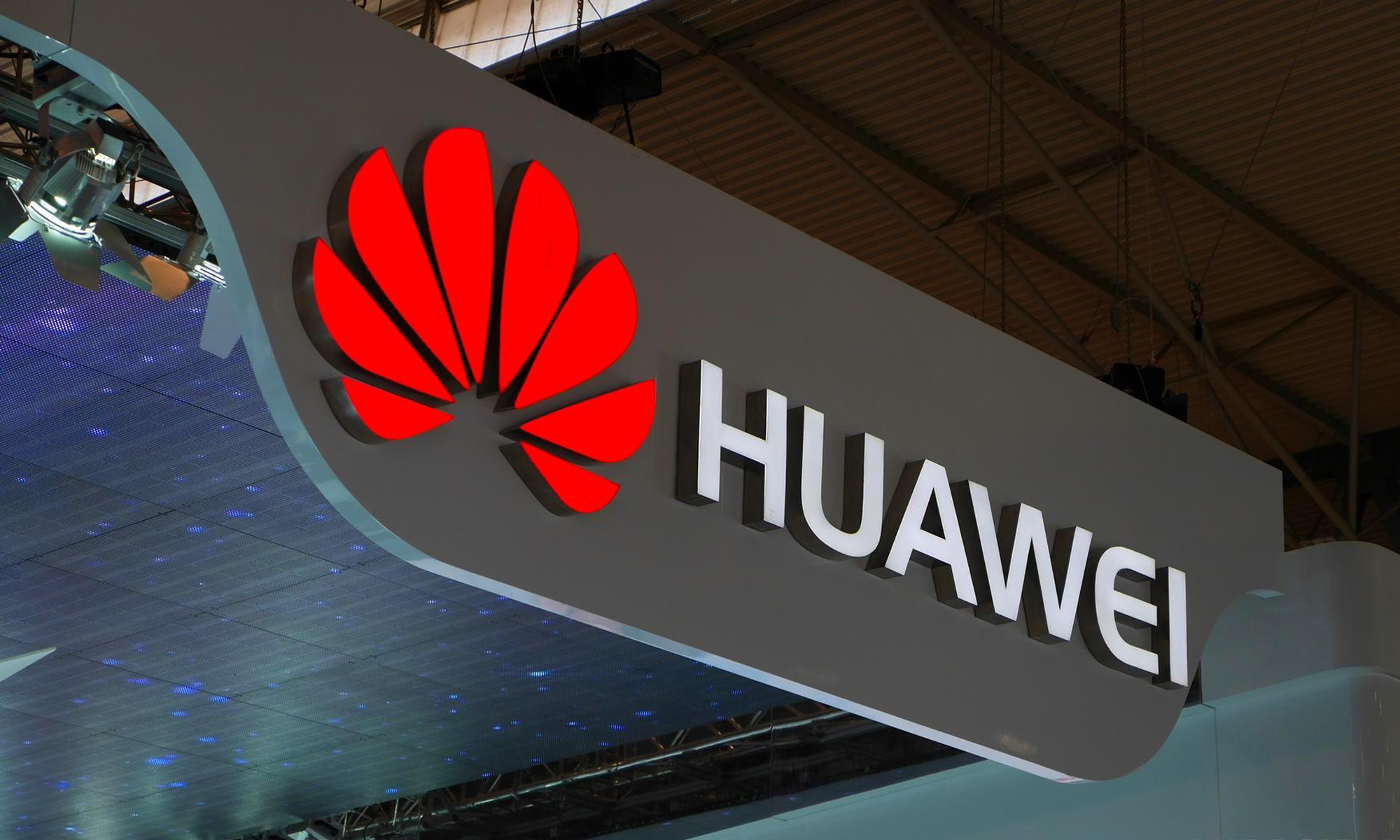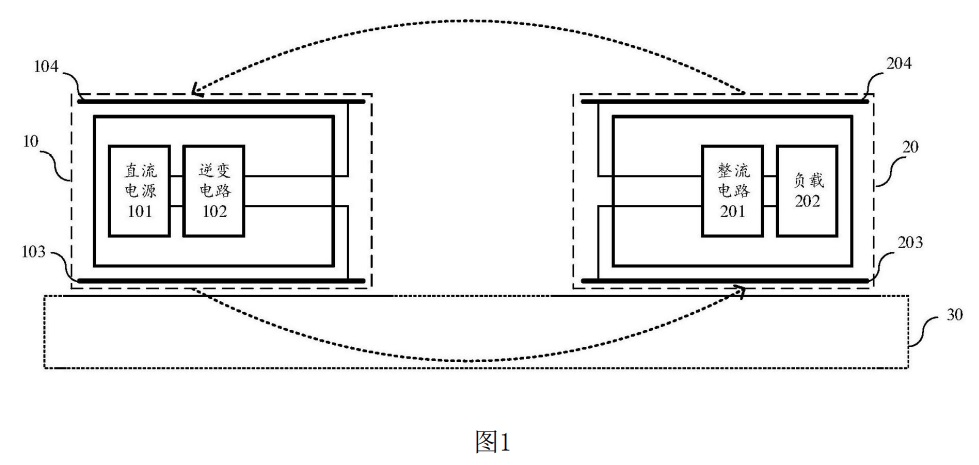News
Huawei Wants To Make Long-Range Wireless Charging A Reality

Short battery life consistently ranks as the top complaint of smartphone users. To increase it, smartphone manufacturers can produce devices with larger batteries, increasing their size and weight, improve the energy density of their batteries, or use different battery technology. Alternatively, they can make it easier for users to charge their devices, and that’s the path Huawei has decided to take by making long-range wireless charging a reality, according to an IT Home report.
The report revealed that the Chinese multinational technology company known for its telecommunications equipment and consumer electronics has filed a patent for a new technology that would make it possible to charge battery-powered devices wirelessly over a long distance.
Currently, wireless charging requires two coils to be placed directly opposite each other. This greatly restricts the potential applications of this otherwise wonderful technology, whose only other major drawback is its inefficiency.

IT Home
According to the patent’s description, Huawei has been able to figure out how to increase the distance between the two coils by sending electricity through a variety of media, including iron, aluminum, copper, alloy materials, metal pipes, humans, animals, soil, earth, seawater, or just about any other material with conductivity greater than that of air.
“IT Home understands that the purpose of this Huawei patent is to increase the equivalent coupling capacitance between the transmitting electrode and the receiving electrode, which can effectively increase the transmission power between the transmitting device and the receiving device, thereby realizing long-distance wireless charging,” writes the technology portal.
Also Read: Apple Likely To Release 8K VR Headset In 2022
This kind of long-range wireless charging technology could revolutionize the wearables market, but its potential applications extend much further. For example, it could be used to charge embedded medial devices, industrial sensors, and other small devices that can’t be easily connected to a regular charger.
Since the patented technology has yet to be put to practical use, we don’t know anything at all about its safety or potential downsides.
News
Rabbit Expands Hyperlocal Delivery Service In Saudi Arabia
The e-commerce startup is aiming to tap into the Kingdom’s underdeveloped e-grocery sector with a tech-first, locally rooted strategy.

Rabbit, an Egyptian-born hyperlocal e-commerce startup, is expanding into the Saudi Arabian market, setting its sights on delivering 20 million items across major cities by 2026.
The company, founded in 2021, is already operational in the Kingdom, with its regional headquarters now open in Riyadh and an established network of strategically located fulfillment centers — commonly known as “dark stores” — across the capital.
The timing is strategic: Saudi Arabia’s online grocery transactions currently sit at 1.3%, notably behind the UAE (5.3%) and the United States (4.8%). With the Kingdom’s food and grocery market estimated at $60 billion, even a modest increase in online adoption could create a multi-billion-dollar opportunity.
Rabbit also sees a clear alignment between its business goals and Saudi Arabia’s Vision 2030, which aims to boost retail sector innovation, support small and medium-sized enterprises, attract foreign investment, and develop a robust digital economy.
The company’s e-commerce model is based on speed and efficiency. Delivery of anything from groceries and snacks to cosmetics and household staples is promised in 20 minutes or less, facilitated by a tightly optimized logistics system — a crucial component in a sector where profit margins and delivery expectations are razor-thin.
Despite the challenges, Rabbit has already found its stride in Egypt. In just over three years, the app has been used by 1.4 million customers to deliver more than 40 million items. Revenue has surged, growing more than eightfold in the past two years alone.
Also Read: Top E-Commerce Websites In The Middle East In 2025
CEO and Co-Founder Ahmad Yousry commented: “We are delighted to announce Rabbit’s expansion into the Kingdom. We pride ourselves on being a hyperlocal company, bringing our bleeding-edge tech and experience to transform the grocery shopping experience for Saudi households, and delivering the best products – especially local favorites, in just 20 minutes”.
The company’s growth strategy avoids the pitfalls of over-reliance on aggressive discounting. Instead, Rabbit leans on operational efficiency, customer retention, and smart scaling. The approach is paying off, having already attracted major investment from the likes of Lorax Capital Partners, Global Ventures, Raed Ventures, and Beltone Venture Capital, alongside earlier investors such as Global Founders Capital, Goodwater Capital, and Hub71.





















